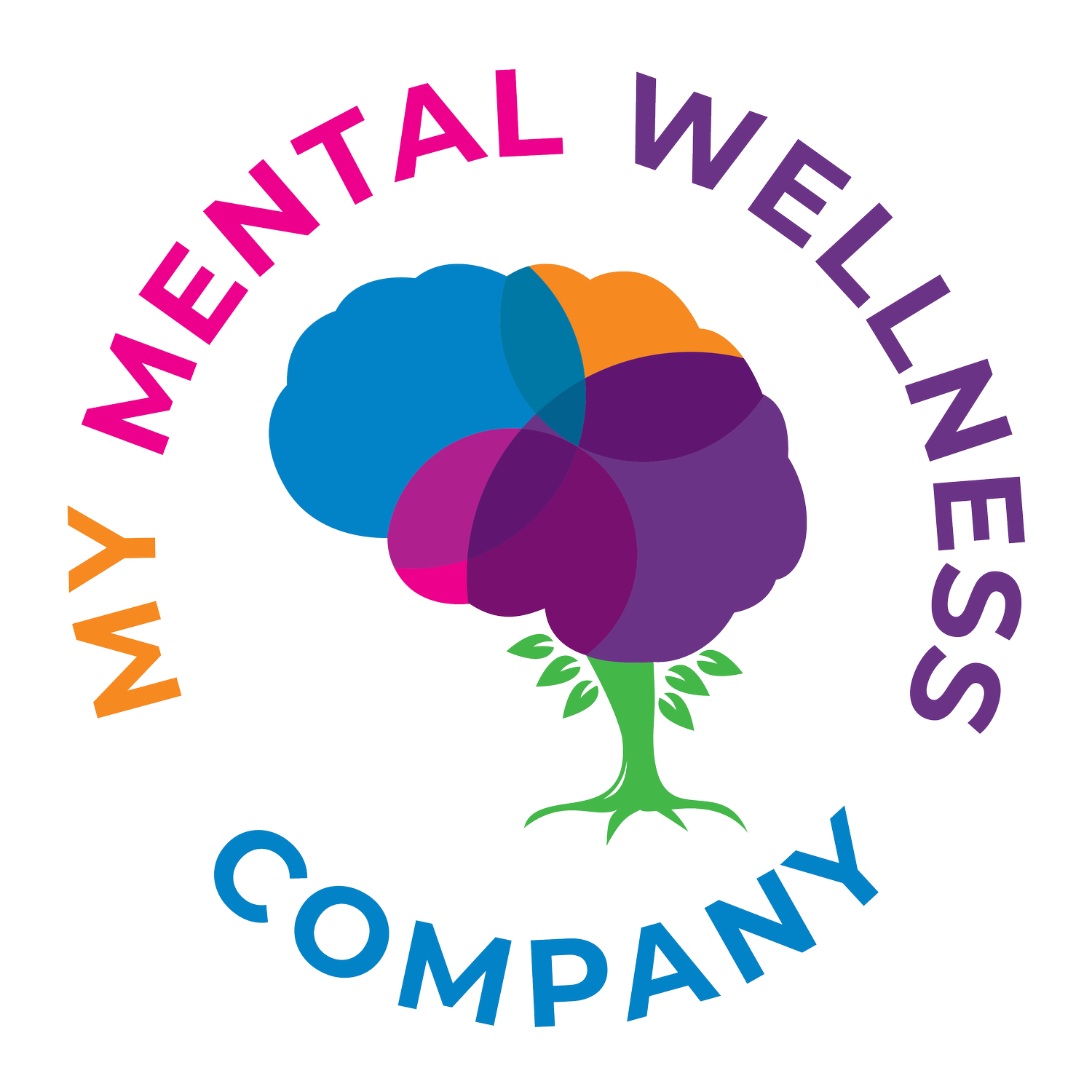Why Ongoing CEUs Are More Than Just a Requirement for Therapists
By Jenn Bovee, LCSW, CRADC, CCTP II, CCHt
EMDRIA Certified Therapist & EMDRIA Approved Consultant
CEUs: From Obligation to Growth
When I first started my career as a therapist, I viewed CEUs as just another box to check. You know how it is. You're juggling client sessions, drowning in paperwork, and then there's this looming requirement hanging over your head: get your continuing education hours done or risk losing your license. It felt like busy work at times.
But somewhere along the way, my perspective completely shifted. Maybe it was after attending a workshop on trauma-informed care that revolutionized how I approached certain clients, or perhaps it was an online seminar about neurodiversity that opened my eyes to techniques I'd never considered. Whatever the turning point was, I realized that continuing education mental health professionals pursue isn't just about meeting state requirements – it's about becoming the therapist our clients actually need.
Why Continuing Education Matters
Think about it for a second. The field of mental health is constantly evolving. Research emerges daily that challenges what we thought we knew. New therapeutic modalities are developed and refined. Cultural understanding deepens. The DSM gets updated. If we're not staying current, we're essentially providing outdated care, and frankly, our clients deserve better than that.
I remember working with a client a few years back who wasn't responding to traditional CBT approaches. I was feeling stuck, and honestly, a little defeated. Then I attended a continuing education course on dialectical behavior therapy techniques, and everything clicked. Within a few sessions using these new skills, my client started making real progress. That's when it hit me, my willingness to learn didn't just help my professional development; it directly impacted someone's healing journey.
The convenience factor of online CEU courses has been a game-changer, too. I used to stress about finding time to attend in-person workshops, especially with my packed schedule. But being able to complete quality continuing education from my home office, or even during my lunch break, has made staying current so much more manageable. I can pause when I need to process information, rewind sections that are particularly dense, and learn at my own pace.
What I've noticed is that the therapists who really embrace continuing education – who see it as an investment rather than an obligation – tend to be more confident in their practice. They're the ones bringing fresh perspectives to case consultations, trying innovative approaches with challenging clients, and honestly, they seem less burned out. There's something energizing about learning new things, about feeling like you're growing rather than just going through the motions.
I've also found that certain topics I initially avoided because they seemed outside my comfort zone ended up being incredibly valuable. A workshop on working with LGBTQ+ clients taught me about microaggressions I didn't even realize I was perpetuating. A course on addiction recovery helped me better support clients dealing with dual diagnoses. Each new area of learning has made me more well-rounded and effective.
The networking aspect of continuing education is often overlooked, too. Whether it's an online forum discussion or a virtual workshop breakout room, connecting with other professionals keeps us from feeling isolated in this sometimes heavy work we do. I've made some of my best professional connections through CEU courses, and these relationships have been invaluable for consultation and support.
Reframing How We See CEUs
Sure, not every continuing education experience is going to be life-changing. Some courses are definitely better than others, and yes, occasionally you'll sit through something that feels like a waste of time. But even those experiences teach us something – maybe about what doesn't work, or they reinforce knowledge we already had but needed to refresh.
I think what changed my entire outlook was reframing the question from "What's the minimum I need to do?" to "How can I become the best therapist possible for my clients?" When you approach CEUs for therapists from that angle, it stops feeling like a chore and starts feeling like an opportunity.
The truth is, our clients are trusting us with their most vulnerable moments, their deepest struggles, and their hopes for healing. Don't we owe it to them, and to ourselves, to bring our best, most informed selves to that work? Continuing education that mental health professionals engage in isn't just about keeping our licenses current; it's about honoring that trust and commitment to excellence.
A Worthwhile Investment
So the next time you're browsing online CEU courses or registration opens for that workshop you've been considering, remember that you're not just fulfilling a requirement. You're investing in your ability to create real change in people's lives. And honestly, there's nothing more worthwhile than that.
If you would like to check out our CEU trainings, please click the button below.
